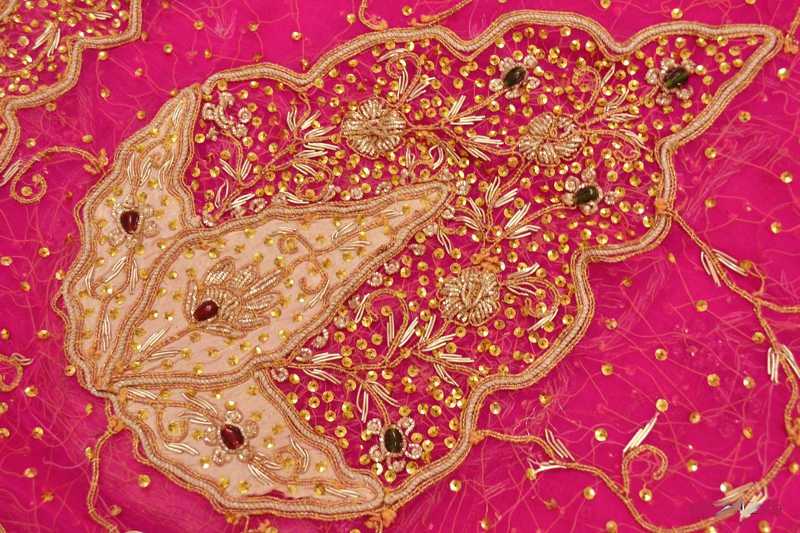===
0226,
1
===

=== |
 |
aan : 'Course, way, manner, mode...; natural disposition or temperament; habit, peculiarity; way or manner of a belle or a coquette, gracefulness, grace, elegance, charm, blandishment (= adaa ); affectation; bashfulness, modesty; conceit, pride; will, pleasure, wish; rank, dignity, respectability, reputation, character; proper spirit, self-respect'. (Platts p.84)
FWP:
SETS == DOUBLE ACTIVATION
MOTIFS
NAMES
TERMSIn the first line, aan can be an archaic form of aa , from aanaa, 'to come' ('You don't come and inquire'). This is the meaning unanimously endorsed by our poetry group (Apr. 2022), and it of course works very well. But since aan is a synonym of adaa (see the definition above), and since adaa karnaa can mean 'To coquet' (Platts p.31), a similar case can surely be made for aan karnaa as well ('You don't coquettishly inquire'). The context (accusing the beloved of indifference) of course works well with either reading.